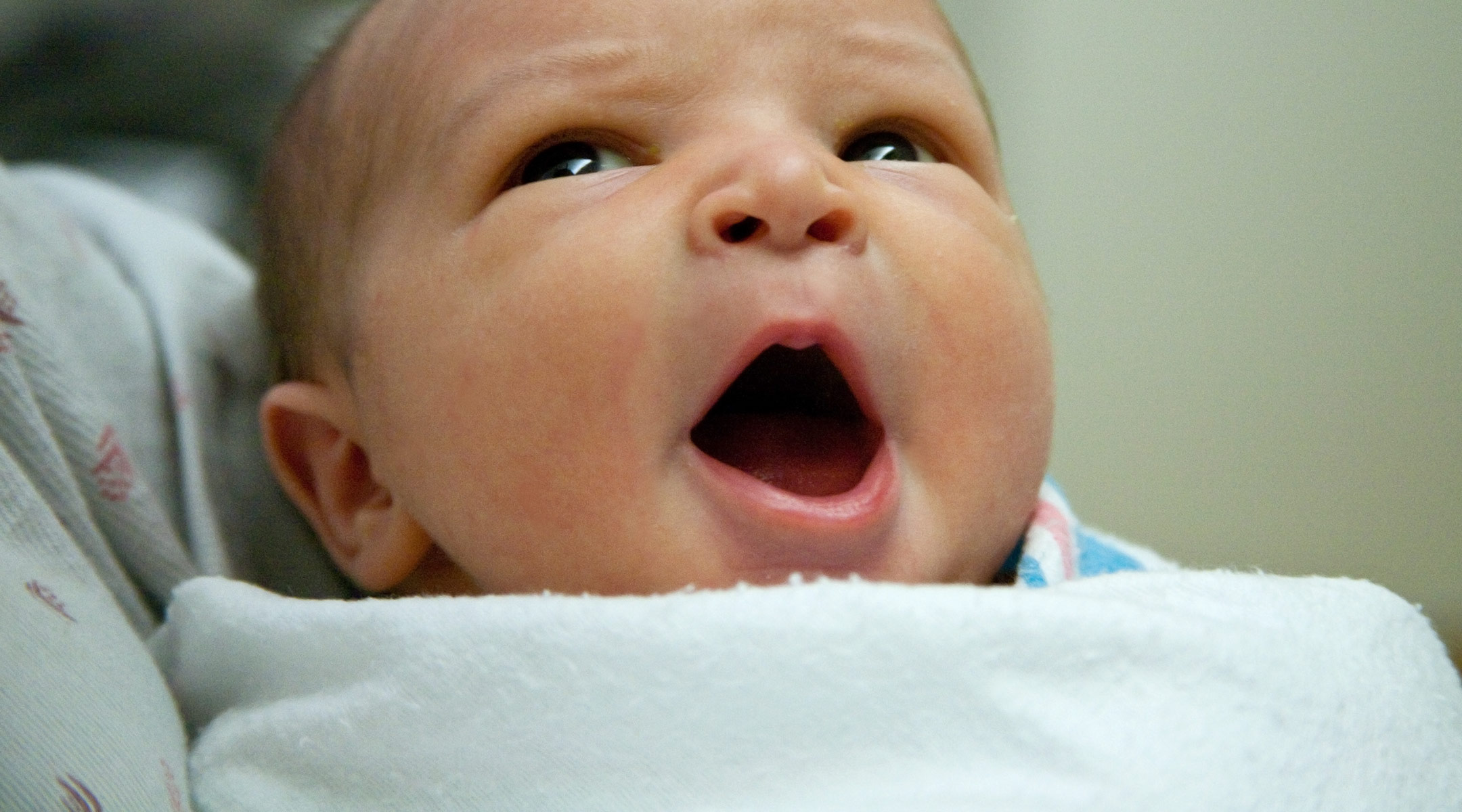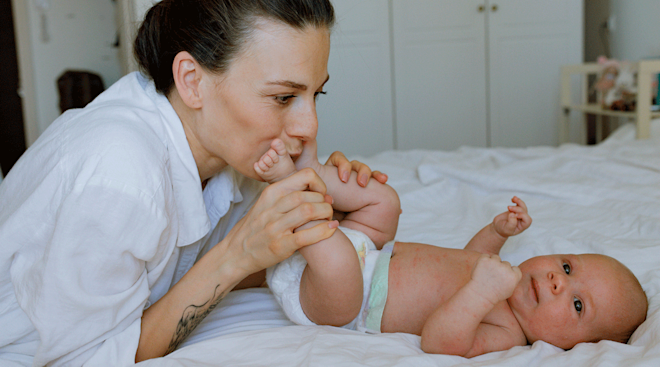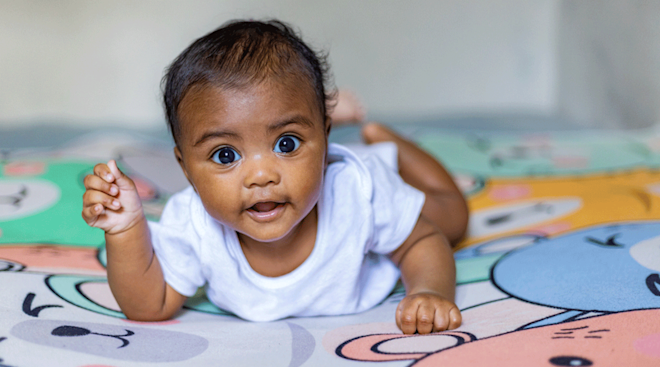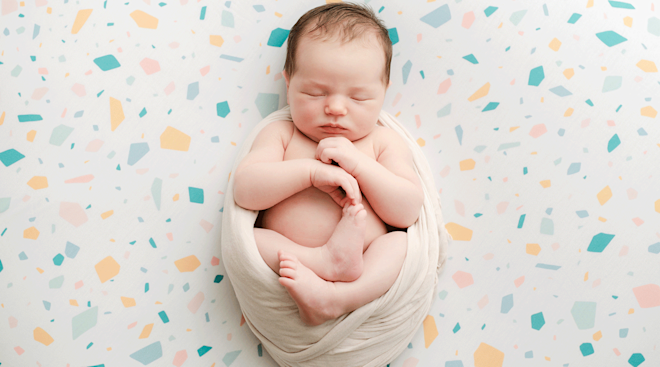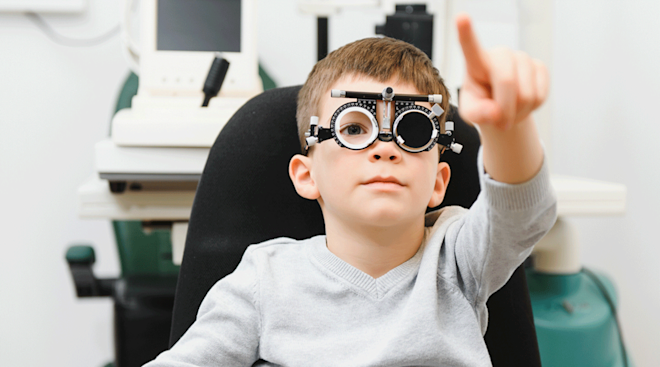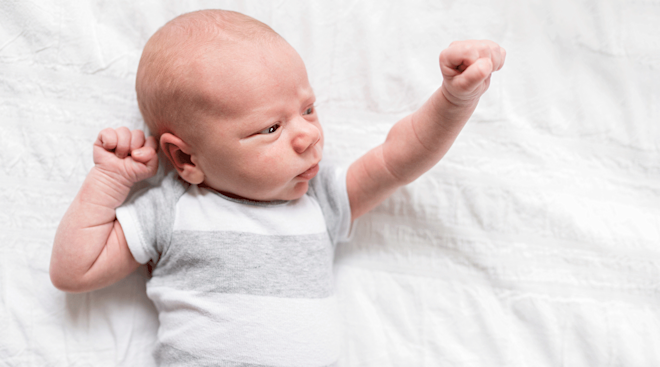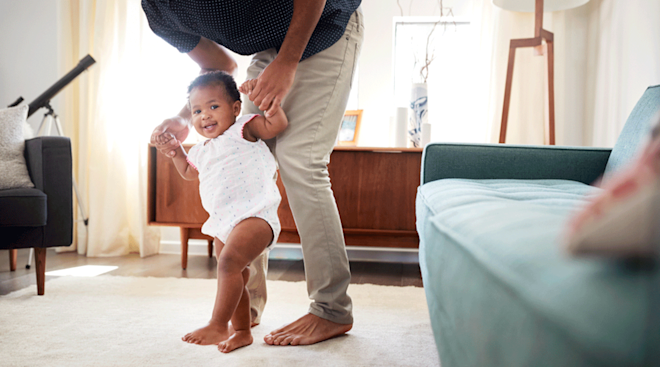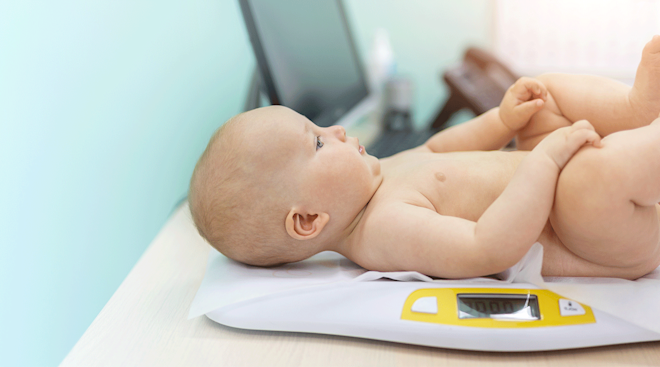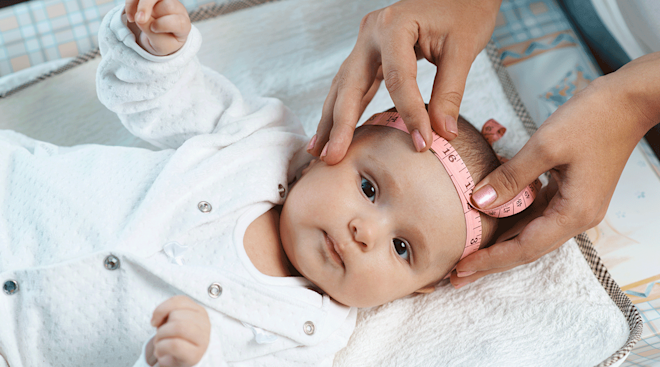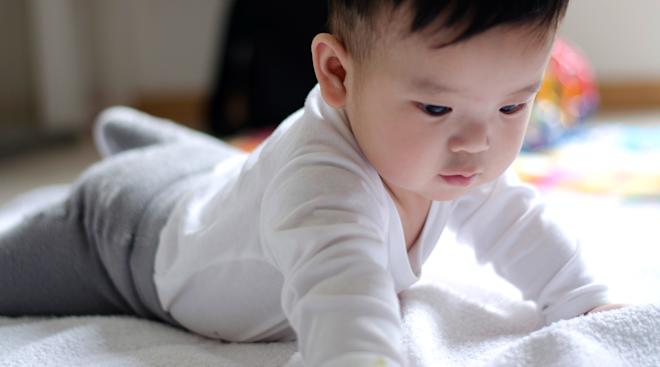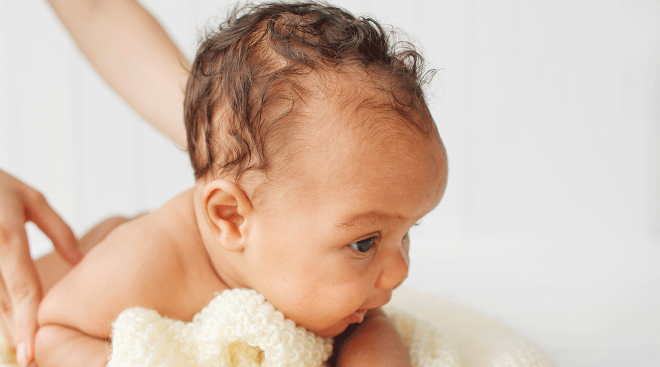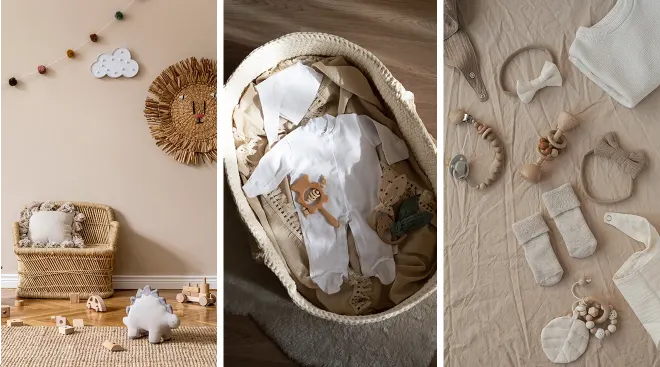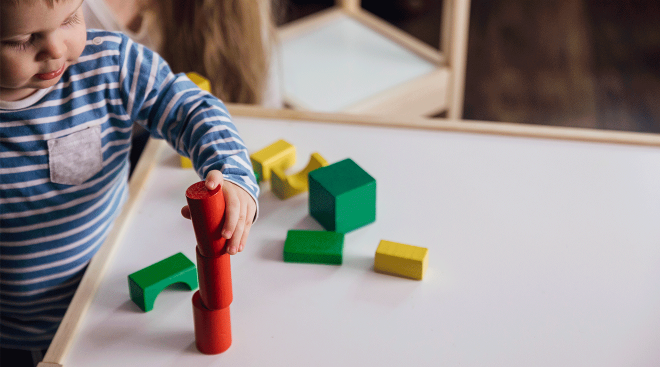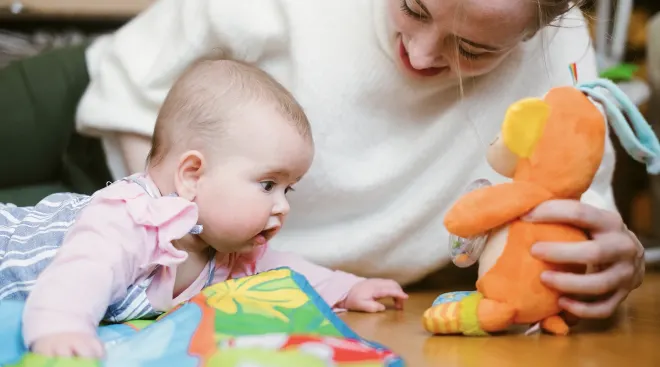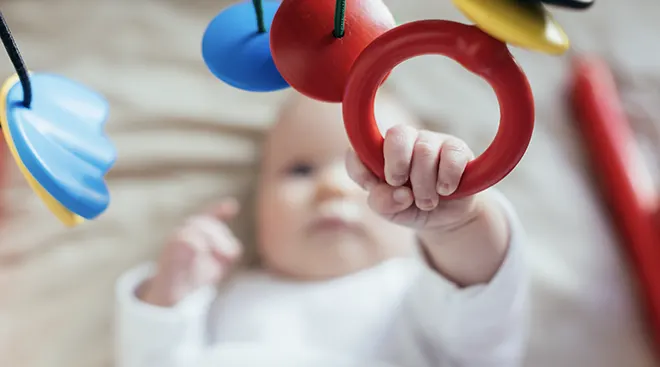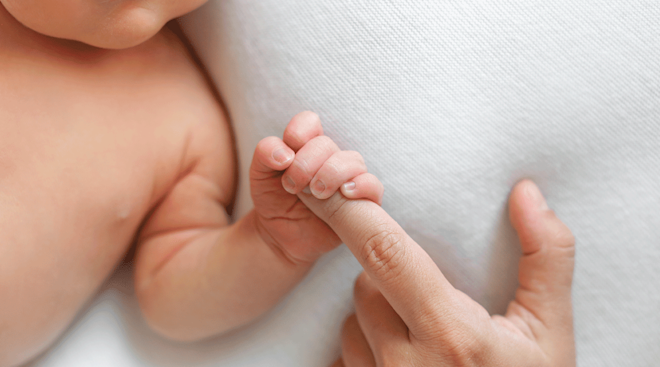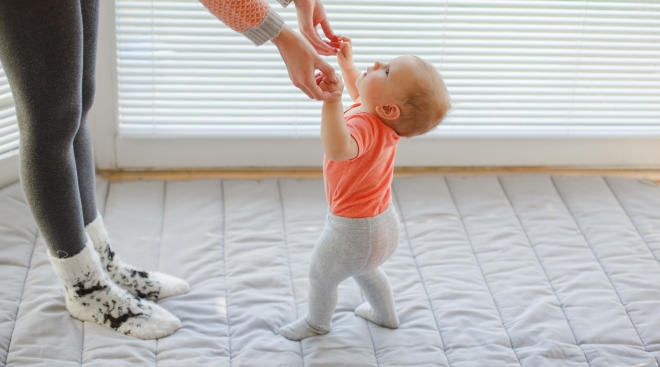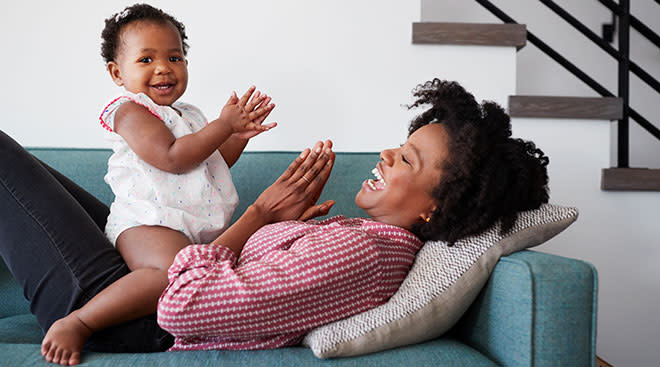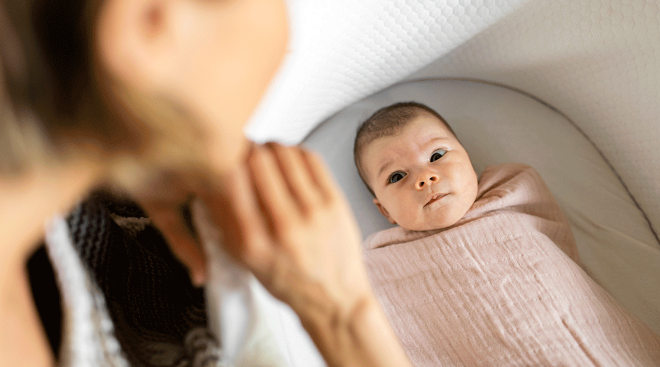Hiccups May Be Necessary for Newborn Brain Development, Study Finds
Everyone’s familiar with pesky hiccups. They come on spontaneously, but can be tricky to get rid of—and scientists still aren’t sure why we get them. Now, according to a new study, hiccups may actually help brain development amongst newborns.
The study was conducted by researchers at University College of London and published in the journal Clinical Neurophysiology. It looked at 217 infants, born at a range of 30 weeks to 42 weeks. They recorded the infants’ brain activity with electrodes that were placed on their scalps. They also placed movement sensors on the infants’ stomachs to help indicate when the hiccups were occuring.
Researchers found that, of the 217 newborns, 13 of them (6 percent) had hiccups during their EEG monitoring. This was most likely due to the infants being awake, the study states. Each hiccup triggered three separate brain waves in all the newborns, the last of which they believe helped the newborn link the sound of a hiccup to a contraction of the diaphragm. They also found that preterm infants were more prone to hiccups and spent approximately 15 minutes a day doing it. Overall, the researchers believe that hiccups may help newborns learn how to control their breath at a cognitive level.
“The activity resulting from a hiccup may be helping the baby’s brain to learn how to monitor the breathing muscles so that eventually breathing can be voluntary controlled by moving the diaphragm up and down,” said Lorenzo Fabrizi, the study’s senior author, in a news release. “When we are born, the circuits which process body sensations are not fully developed, so the establishment of such networks is a crucial developmental milestone for newborns.”
According to the study, hiccups actually begin in the womb, as early as nine weeks. These scientists may have just worked out why we hiccup, but, of course, more research is needed.
The study’s lead author, Kimberly Whitehead, stated in the release, “Our findings have prompted us to wonder whether hiccups in adults, which appear to be mainly a nuisance, may in fact by a vestigial reflex, left over from infancy when it had an important function.”
Curious about fetal hiccups and want to learn more? Check this out.
Please note: The Bump and the materials and information it contains are not intended to, and do not constitute, medical or other health advice or diagnosis and should not be used as such. You should always consult with a qualified physician or health professional about your specific circumstances.
Navigate forward to interact with the calendar and select a date. Press the question mark key to get the keyboard shortcuts for changing dates.

































